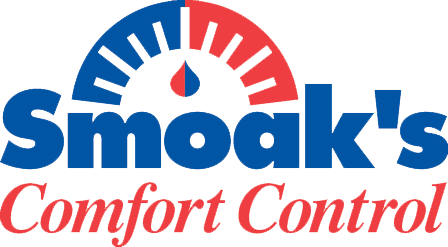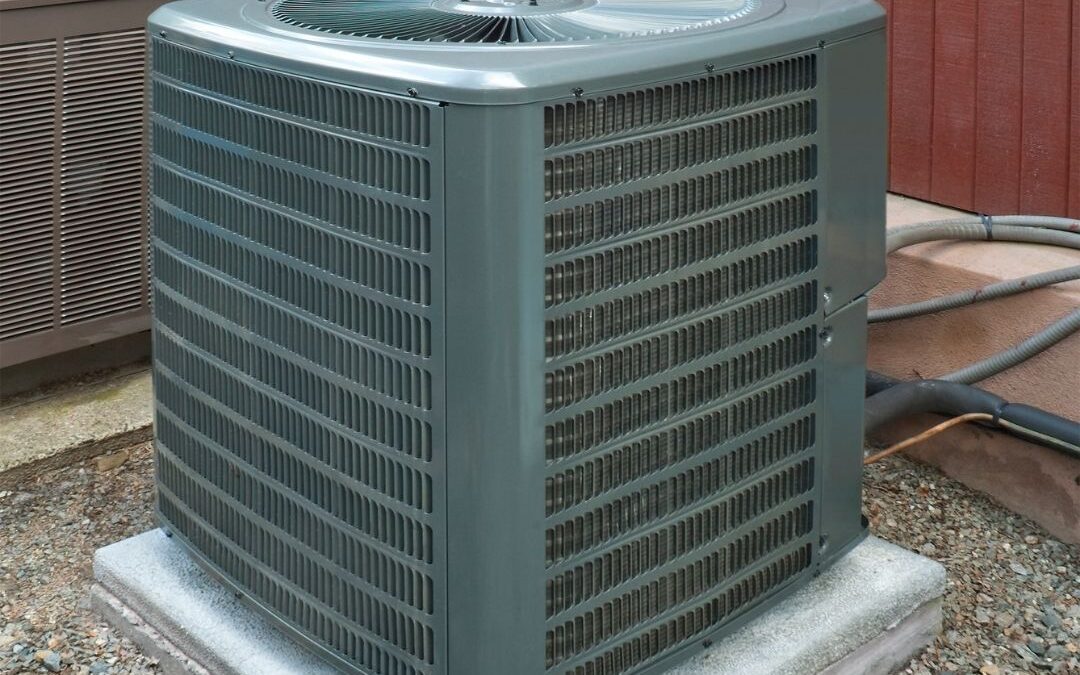As the chill of the colder months sets in across South Carolina, the performance and reliability of heating systems come into sharp focus. Among these systems, heat pumps stand out for their efficiency and versatility. However, when your heat pump starts making a weird noise, it can be a source of significant concern. These unexpected sounds are not just disruptive; they can indicate underlying issues within your heat pump system. Identifying the nature of a heat pump’s weird noise is crucial for timely intervention, ensuring the system’s longevity and efficiency.
Whether it’s an air source heat pump or a geothermal unit, understanding and addressing these noises is critical to maintaining a comfortable and warm space in low temperatures. We will guide you through the different types of noises your heat pump might make and what they potentially mean, helping you keep your system in top condition.
The Heart of the Matter: Troubleshooting Heat Pump Noises
Heat pumps are a cornerstone of modern heating systems, offering an energy-efficient alternative to traditional furnaces and baseboard heaters. These systems transfer heat from the outdoor unit to cool the indoors, or vice versa, depending on the season. However, when a heat pump emits unusual noises, it indicates that something within the system may need attention. From the outdoor unit’s compressor to the indoor air handler, each component of a heat pump system plays a pivotal role in its overall functionality.
Understanding Your Heat Pump
Central to many HVAC systems are heat pumps, particularly air source heat pumps, renowned for their energy efficiency. These systems transfer heat, making them versatile for heating and cooling your home. However, when a heat pump starts making unusual noises, it’s a sign that something might be amiss.
Common Noises & Their Causes
When your heat pump starts making a weird noise, it’s not just an annoyance—it’s a signal that something might be wrong. Understanding these noises and their potential causes is critical to maintaining the efficiency and longevity of your heat pump. Here are some of the typical sounds you might hear from your heat pump and what they could indicate:
1. Hissing or Bubbling – Refrigerant Issues
A hissing or bubbling sound often suggests a refrigerant leak. Heat pumps rely on liquid refrigerant to transfer heat, and any leakage can significantly impact the system’s efficiency. This issue affects performance and can lead to higher electricity usage as the heat pump struggles to maintain the desired temperature. If you suspect a refrigerant leak, contacting an HVAC professional is crucial, as handling refrigerant requires specialized training and equipment.
2. Grinding or Squealing – Motor & Belt Concerns
Grinding noises can indicate a problem with the heat pump’s motor bearings, while a squealing sound might point to a belt that has slipped or is wearing out. These components are vital for the smooth operation of your heat pump, as they ensure that air circulates throughout your system. Neglecting these noises can lead to a complete system breakdown, affecting air pressure and overall customer satisfaction due to decreased performance and increased repair costs.
3. Banging or Clanking – Loose Parts
Banging or clanking sounds are often due to loose or detached components within the heat pump. As heat pumps operate, they vibrate, which can loosen screws or other parts over time. These sounds may indicate something is loose and suggest potential damage to the expansion valve or other unit components if left unchecked. Regular maintenance can prevent these issues and ensure all heat pump parts are secure and functioning correctly.
4. Gurgling or Whooshing – Air Flow & Pressure Changes
Gurgling sounds can be related to air trapped in the system. At the same time, a whooshing noise might occur during regular operation as the heat pump shifts from one heating mode to another, adjusting the pressure within the system. However, if these sounds are persistent or loud, they might indicate airflow restrictions or problems with the heat pump’s pressure valves. Ensuring that your heat pump or geothermal system has unrestricted airflow and proper pressure levels is crucial for maintaining an environmentally friendly and efficient system.
5. Buzzing or Humming – Electrical Components
A buzzing or humming noise can be related to electrical issues within the heat pump. This can result from a malfunctioning capacitor, loose wiring, or other electrical components. Electrical problems can be complex and potentially dangerous, so it’s crucial to have a professional diagnose and fix these issues.
6. Rattling – External Unit Disturbances
Rattling noises often come from the outdoor unit and can be caused by external factors like debris, leaves, or twigs stuck in the unit. It’s important to regularly clear any debris around the house and outdoor unit to prevent such noises and ensure efficient operation.
7. Whistling – Ductwork & Vent Issues
Rattling noises often come from the outdoor unit and can be caused by external factors like debris, leaves, or twigs stuck in the unit. It’s important to regularly clear any debris around the house and outdoor unit to prevent such noises and ensure efficient operation.
Troubleshooting Tips
If you notice any of these noises, inspect the air handler. A malfunctioning air handler is often a culprit for various noise issues. Also, check for any obstructions that might be causing loud noises. Sometimes, debris or blockages in the system can lead to disruptive sounds. Another aspect to consider is the presence of waste heat. An overworked heat pump might produce excess heat, indicating inefficiency and potentially leading to noise issues.
When to Seek Professional HVAC Services
If your initial troubleshooting doesn’t alleviate the noise problem, it’s advisable to seek professional HVAC services. Experts can conduct a comprehensive inspection and address complex issues related to heat sources, energy usage, and the overall health of your HVAC system.
Maintaining an Energy Efficient System
Regular maintenance ensures that your heat pump remains energy-efficient and operates quietly. This can include keeping components like the air handler clean to prevent noise issues and having your system checked before the onset of the heating season. Additionally, addressing any repair needs sooner rather than later can prevent more significant problems in the future.
Trust Smoak’s Comfort Control
In conclusion, addressing weird noises from your heat pump is more than just a matter of comfort; it’s about ensuring the efficiency and longevity of your heating system. Heat pumps, particularly air source heat pumps, are designed to operate quietly and efficiently, transferring heat to warm your space. When these systems start making unusual noises, it’s a sign that your unit may be struggling, potentially leading to higher energy bills and decreased comfort. Routine heat pump system maintenance is essential, especially as you enter the cold weather. It ensures that every part of the unit, from the outdoor unit to the internal components, is in optimal condition. If you’re experiencing issues with your heat pump, don’t hesitate to contact HVAC professionals. They can provide the necessary expertise to ensure your system runs smoothly, keeping your home warm and cozy through the winter months. Remember, a well-maintained heat pump is critical to a comfortable, energy-efficient home.
For expert assistance and more information on maintaining your heat pump system, visit Smoak’s Comfort Control. Our HVAC professionals ensure your heating systems can handle the demands of low temperatures, providing a warm and inviting space for you and your family.
Contact us online or call (843) 556-9550 to schedule an appointment for heat pump services today!

